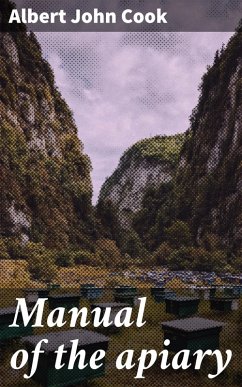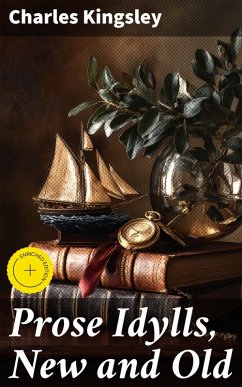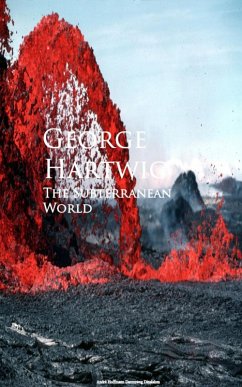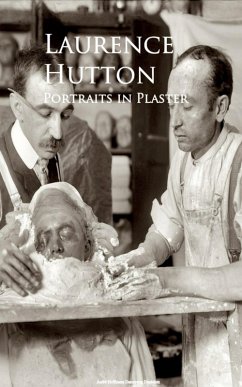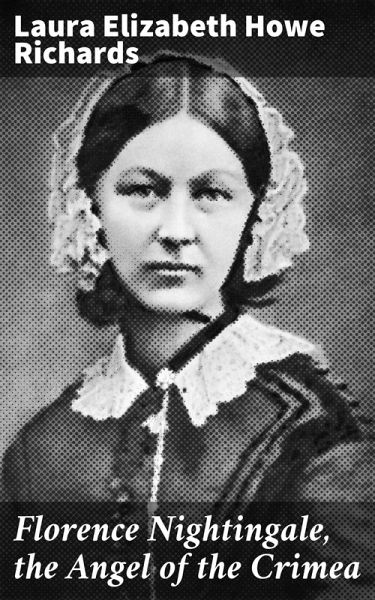
Florence Nightingale, the Angel of the Crimea (eBook, ePUB)
A Story for Young People
Versandkostenfrei!
Sofort per Download lieferbar
1,99 €
inkl. MwSt.
Weitere Ausgaben:

PAYBACK Punkte
0 °P sammeln!
In "Florence Nightingale, the Angel of the Crimea," Laura Elizabeth Howe Richards crafts a compelling narrative that illuminates the life and legacy of one of history's most revered figures in nursing. Written in a didactic yet engaging style, the book interweaves biographical details with emotional depth, offering insights into Nightingale's formidable spirit and her groundbreaking contributions to modern healthcare during the Crimean War. Richards skillfully captures the socio-political context of the era, highlighting not just Nightingale'Äôs extraordinary service but also the systemic ch...
In "Florence Nightingale, the Angel of the Crimea," Laura Elizabeth Howe Richards crafts a compelling narrative that illuminates the life and legacy of one of history's most revered figures in nursing. Written in a didactic yet engaging style, the book interweaves biographical details with emotional depth, offering insights into Nightingale's formidable spirit and her groundbreaking contributions to modern healthcare during the Crimean War. Richards skillfully captures the socio-political context of the era, highlighting not just Nightingale'Äôs extraordinary service but also the systemic challenges she confronted in advocating for medical reform and soldier care. Laura Elizabeth Howe Richards was not only a celebrated author but also a passionate advocate for women's rights and education. Her own experiences as a prominent figure in the women's suffrage movement, coupled with her literary talents, likely influenced her decision to spotlight Nightingale's pioneering role in healthcare. Richards was acutely aware of the challenges women faced in the 19th century and sought to celebrate those who shattered societal expectations. Richards' portrayal of Florence Nightingale is a must-read for anyone interested in the history of nursing, social reform, or women's contributions to society. This illuminating account will resonate with both historians and general readers alike, offering a profound appreciation for a woman who changed the course of healthcare in her time.
Dieser Download kann aus rechtlichen Gründen nur mit Rechnungsadresse in A, B, BG, CY, CZ, D, DK, EW, FIN, F, GR, H, IRL, I, LT, L, LR, M, NL, PL, P, R, S, SLO, SK ausgeliefert werden.






